Macalester College, although founded with the support of the Presbyterian Church, has become a home to students of a wide range of religious and spiritual beliefs. Part of Macalester’s mission is to create a “campus [that] is a place to foster spiritual growth among people of many religions.” This value of a multi-faith campus can be seen through Macalester’s eight religious groups run through the Center for Religious and Spiritual Life (CRSL). The religious organizations already in existence are Mac Catholics, Macalester Christian Fellowship, Macalester Jewish Organization (MJO), Mac Protestants, Mac Unitarian Universalists, Muslim Student Association (MSA), Sitting@Mac and Baha’i Faith. It is clear that a sense of community is crucial for comfortable and enjoyable college living, and for many, this sense of community can come from one of Macalester’s religious groups.
However, for those who do not affiliate with a religion, there seems to be a lack of community to connect over these types of beliefs. In order to combat this, Bryan Ball ’18, with the help of Macalester College Chaplain Kelly Stone, recently created Mac Secular, a space for students of secular beliefs to come together and find community through a “non-religious, religious” lens. Ball started the group with the intent to increase visibility of secular beliefs and create a community that was a space not rooted in religious faith but also one to talk about issues that can be related to religion. According to Ball, the group’s goals are highly dependent on what members feel they need from the space. Currently, meetings revolve around trying to have conversations about “what everyone’s secular identity is” and how they differ. The group is just starting out and is still trying to explore exactly what it can provide for students, but Ball believes that it can be whatever its members need it to be.
Ball emphasizes both the challenge and the opportunity that is faced by a group like this one; “The biggest challenge I see is meshing all of the different non-religious identities together.” The group is open to anyone who feels a connection to a secular identity, whether that be “atheist, agnostic, secular, whatever label [you] use.” Because of this, it can be difficult to formulate one group that can fit the needs and wants of all members. However, Ball found it important to leave the group open to all secular students and chose to give the group a very general and inclusive name so that they “didn’t exclude people.” Rather than restricting the group to being called “Mac Atheists,” Ball went with the much more inclusive “Mac Secular.” This inclusivity is exciting, and Ball explains that he has high hopes for the group moving forward. While he sees the space being mostly a space for “constructive discussion” right now, he later explains that he can see the group becoming more of an activist group, partnering with atheist or humanist organizations around the Twin Cities, interacting with people on campus outside of the group and even partnering with other religious groups on campus to engage in multi-belief discussions. “It totally depends on how members of the group are feeling.” Ball clarifies.
Religion can be intimidating, and for those who don’t identify as religious, finding community to talk about personal beliefs can be challenging. However, with the voices of people like Ball, Mac Secular can become a space for Macalester’s secular students to find community and express and explore their identities. Ball encourages everyone interested to send him an email at [email protected] and attend. Look out in the Daily Piper for information about their next meeting.

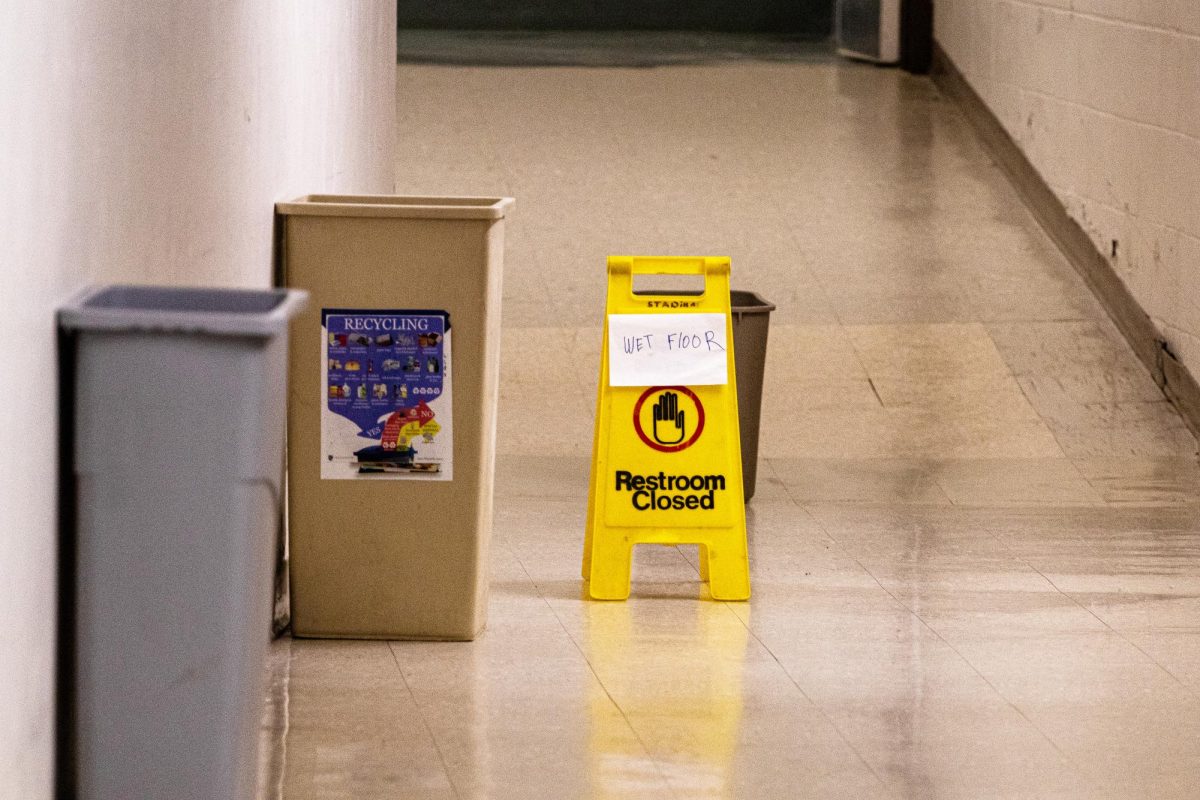
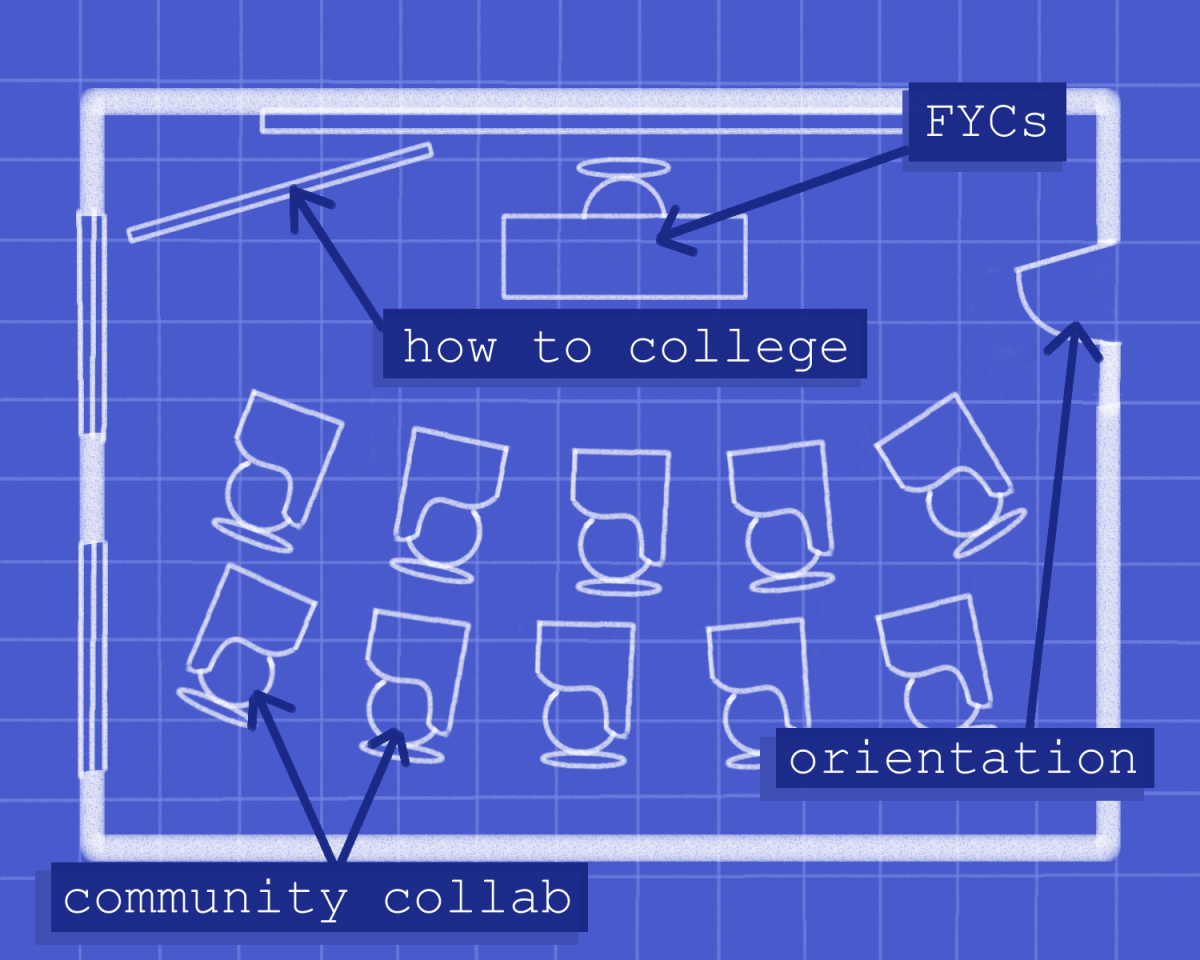
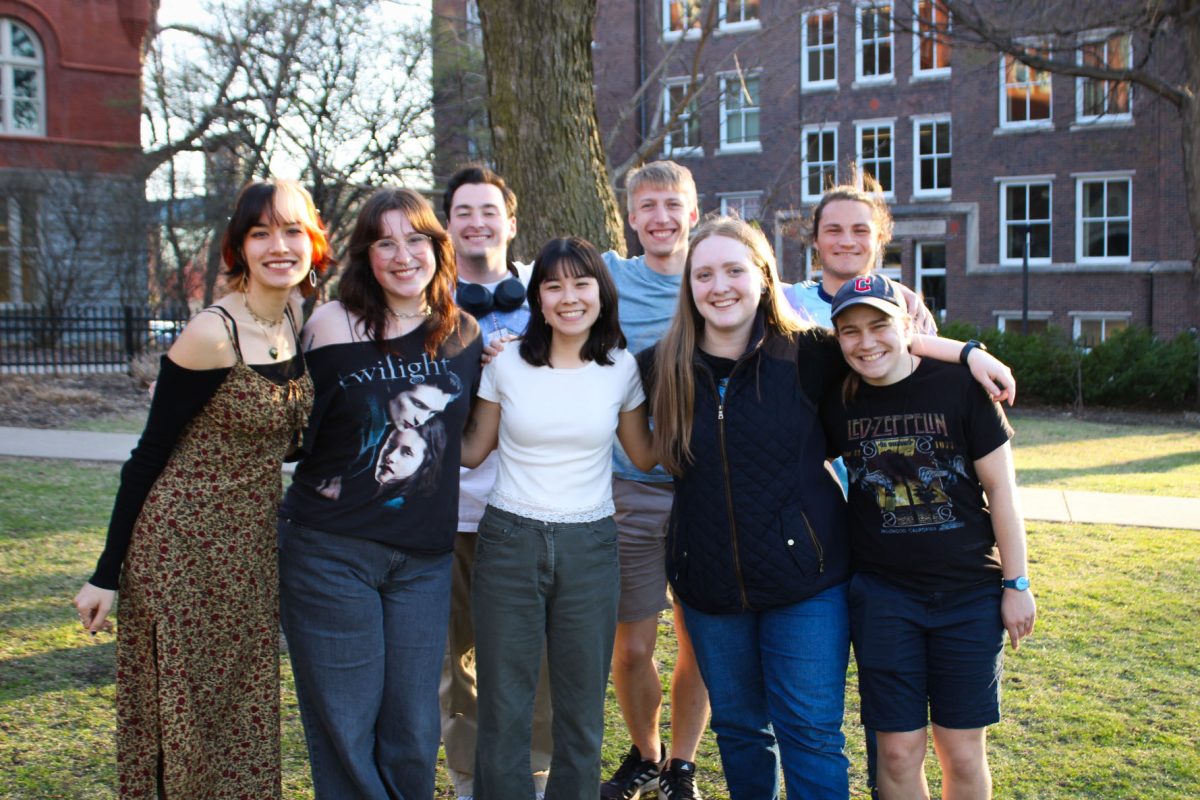
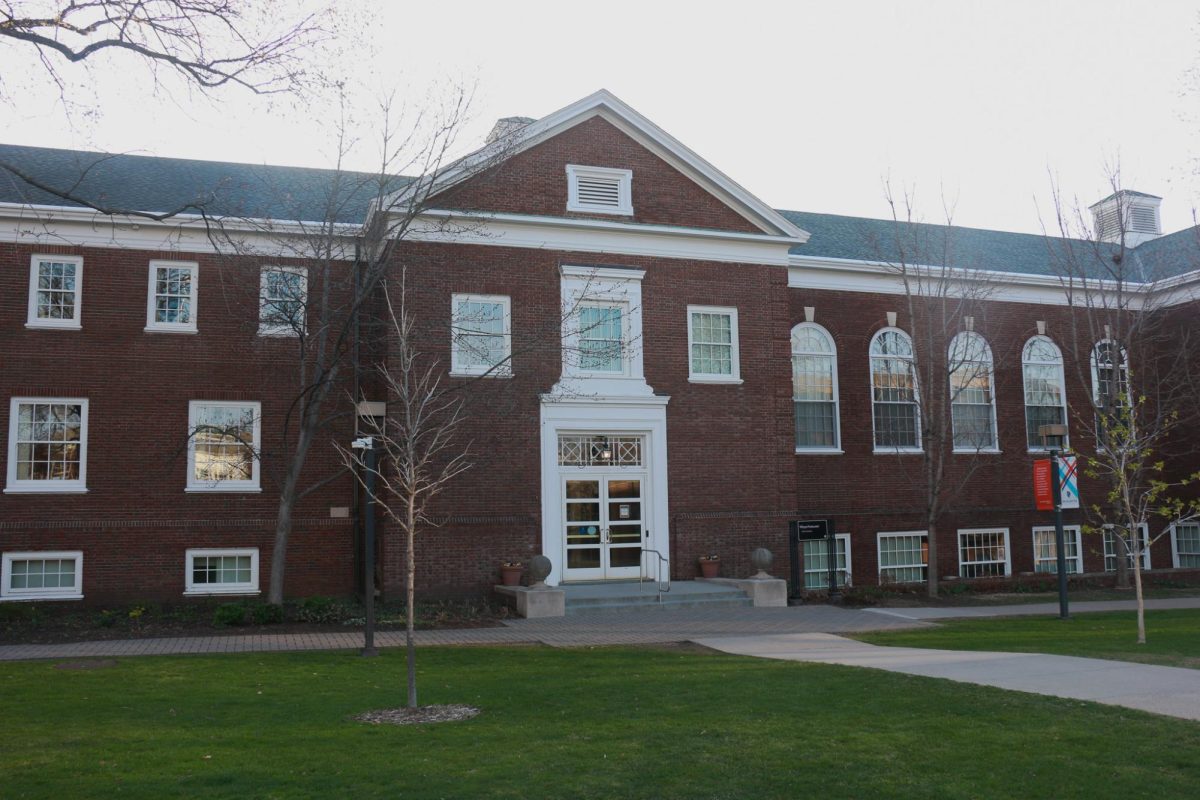

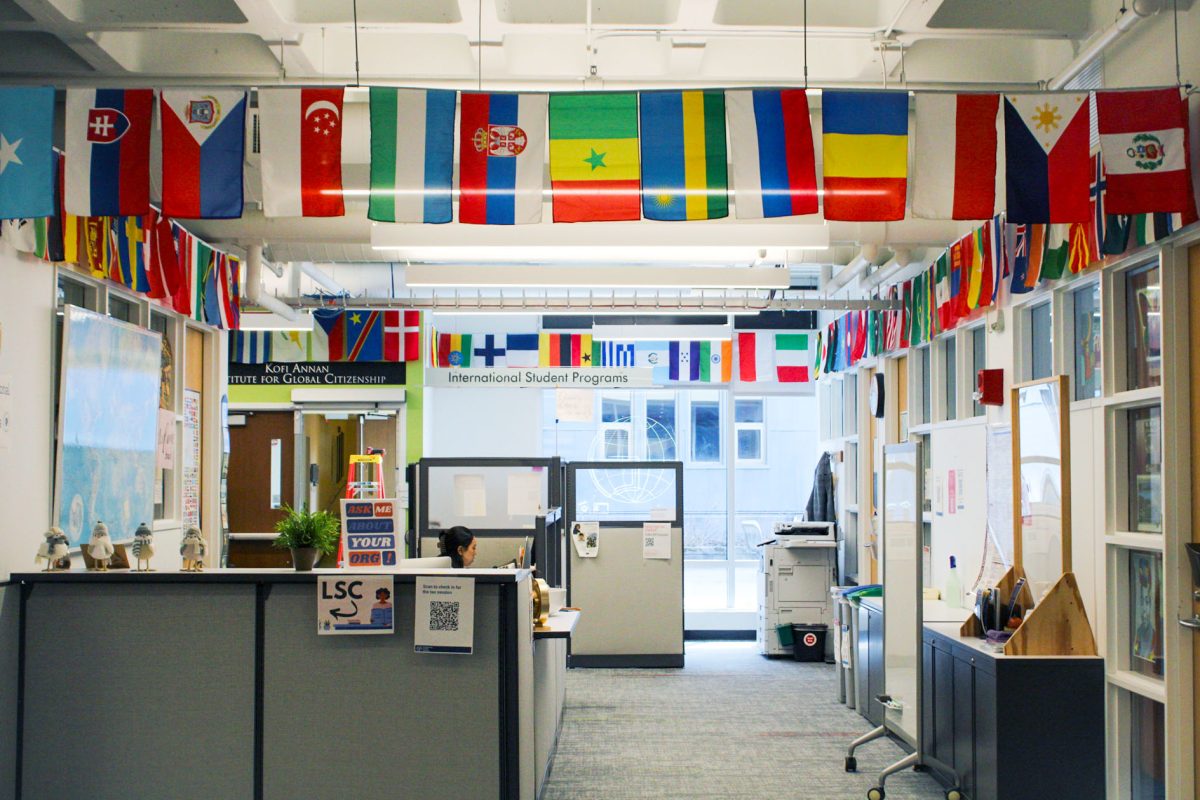
Leonard Springer • Sep 7, 2019 at 4:50 am
I blog quite often and I genuinely appreciate your content. Your article has really peaked my interest. I am going to book mark your site and keep checking for new information about once per week. I opted in for your RSS feed as well.